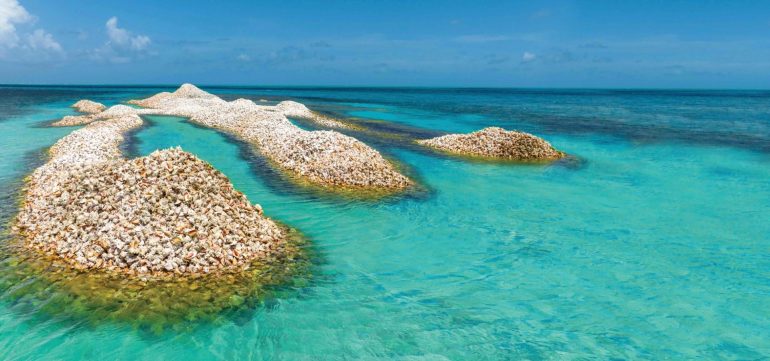Green is the New Black – Environmentally responsible boat operation and marina management have become the latest fashion trend and obsession of the maritime industry. Whilst the critical gaze is often on large, motor-propelled vessels, sailing yachts are also being scrutinized as sources of pollution. Cleaning products, lubricants, fuels and other substances are all now looked at as potential toxins.
That gleaming hull set off by eye-blinding stainless fittings and glistening varnish generally got that way via the application of third-degree nasty stuff—the kind of product whose container is emblazoned with warnings and cautions. As a rule of thumb, if a cleaning product's container has the number of the Poison Control Centre somewhere on its label, it's not a green product.
Charter yachts have the greatest challenge in trying to meet the seemingly incompatible standards of environmental purity on the one hand and starched-and-polished externals on the other. Sometimes being kind to the planet can result in a lowering of standards in the aesthetics department.

So what can a responsible skipper do to keep his or her vessel in tip-top shape without terrorising the turtles? The US Environmental Protection Agency identifies several changes a boat operator can make in an attempt to reduce pollution in the waterways. Top of the list? Throttle back from the higher speeds, followed by cutting down on unnecessary engine idling, culminating in a suggestion to buy newer and cleaner engines.
All well and good, but there is still the toxic bottom paint to worry about. Sometimes it seems that a yacht is nothing but a vat of poison bobbing the happy seas—and if you've been on a difficult charter, you'll know what that means.
In the end though, it's all about paying attention to the details—replace the heavy duty cleaners with white vinegar or its equivalent. Contain your leaks and spills on board the vessel. Keep your holding tanks closed when required. It's all small details, but these details count.
Sometimes, though, it can all seem futile; it's hard to see what impact changes you make will have on the larger universe. Particularly when the changes are going to mean more expense and greater effort on your part.
Is it worth adding solar panels or other alternative energy sources when you've just spent thousands on a generator? How long will it take to amortise your savings? Does reducing your fossil fuel footprint mean anything when the world's population is going to add the equivalent of two more Chinas by 2050?
Does it all matter? The next time you see an oil slick in Seasick Bay or plastic bottles washed up on the beach or you wonder where the dolphins all went to, you'll know the answer.






